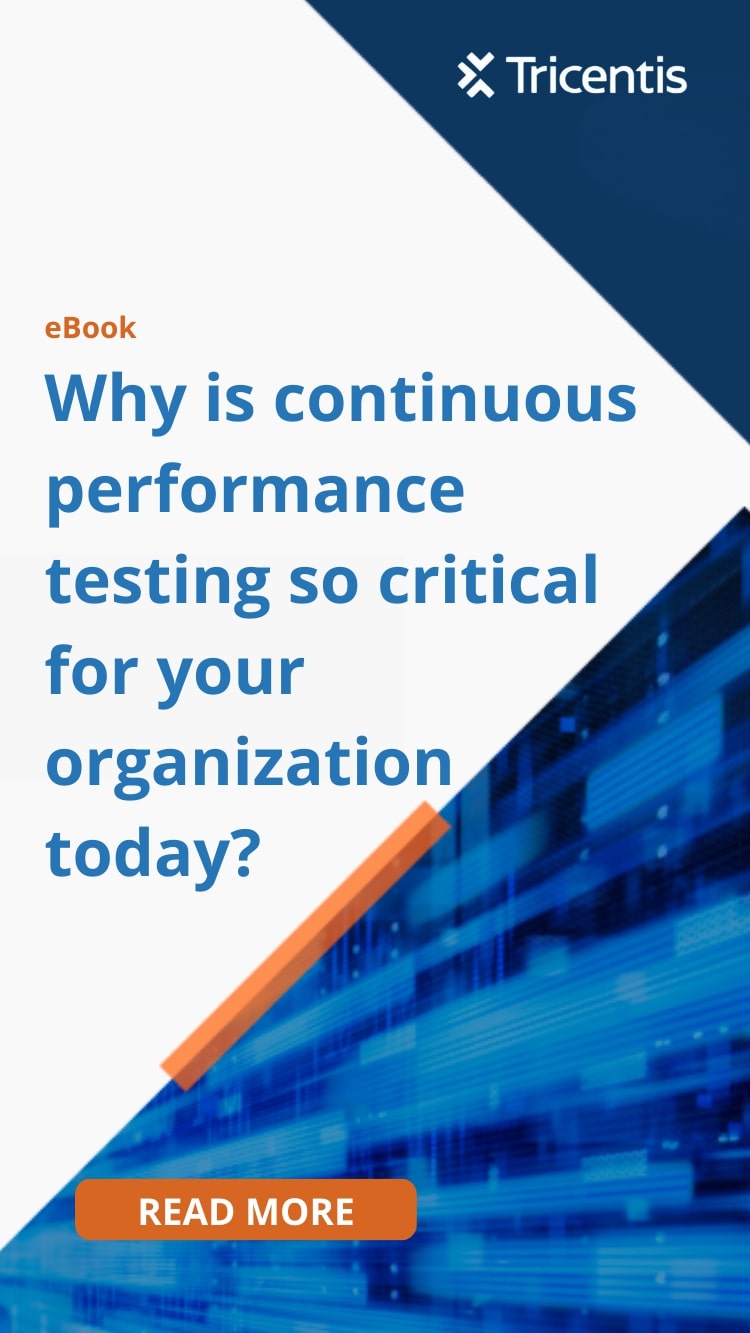The CFO has evolved from being a back-office operator to assuming a proactive leadership role in the enterprise. All department budgets go through finance. This places the CFO in a pivotal position to make enterprise-level decisions. As digitisation set in, the enterprise began to look to the CFO for enterprise-level guidance. The CFO soon assumed a dominating presence across the enterprise. In many enterprises, they steer the strategic direction.
But CFOs face several challenges while executing these roles.
A primary concern expressed by most CFOs relates to digital transformation. Enterprises have been investing heavily to embrace the cloud and digital technologies. But on the ground, CFOs face major pain points in enabling digital transformation and leveraging big data.
The challenge of ensuring talent availability
The CFO’s primary role is finance. Digital transformation involves a huge financial commitment. As such, the CFO plays a big role in making strategic decisions on where to invest. Likewise, HR costs have become strategic, since enterprise success depends on talent availability. Here again, CFOs find themselves in the centre of decision-making.
The CFO is rarely an expert in Java or other data science technologies. Having experts on the team to fulfil these roles suffices. A CFO’s skill lies in their ability to derive useful conclusions from the data. A competent CFO knows how to unpack and repack a process to deliver optimal results for the organisation.
Most CFOs however face the big challenge of talent crunch. Skill development has not kept pace with technology advancements. As such, most businesses have been plagued by a crippling skill shortage for over a decade now. In the tech space, professionals competent in data science and allied skills remain in extreme short supply. The overall skills shortage has worsened of late. It now extends to operations, manufacturing, sales, logistics, and even many entry-level jobs.
The lack of adequate talent affects the ability of the enterprise to scale operations. Many enterprises have even put their projects on hold only due to the lack of talent. Such constraints have a direct bearing on the profitability and competitiveness of enterprises.
The success of a CFO today depends on their ability to overcome the skill shortages.
Best-in-breed CFOs overcome strive to overcome or workaround the skill shortage by:
- Taking a proactive role in upskilling employees. They work with HR and the IT team to structure training and development programs and forge career paths for existing employees.
- Collaborating with the C-suite, business managers, and other executives to support employee wellbeing. A coordinated effort to ensure a smooth work experience improves retention.
- Adopting innovative ways to attract new talent to the enterprise. The CFO again works with the HR to devise proactive recruitment and headhunting strategies.
The challenge of prioritising technologies
Businesses benefit from data-driven insights. But here again, CFOs face many technical obstacles when they attempt big data analytics.
Relentless digitisation has resulted in a surge in data volumes. The enterprise struggles to identify relevant data from the huge volumes.

The main obstacle to accessing and processing data is inflexible legacy technology.
Legacy systems cannot handle the massive datasets that businesses collect today. These systems may not include crucial data trapped in silos. As such, the analysis misses crucial information, or at the very least, the process takes too much time. The conclusions, based on incomplete data and flawed models, become misleading. When business managers make decisions based on such incomplete analysis, they make mistakes. Customer satisfaction often becomes the biggest casualty.
Replacing legacy technology is not easy, though. Organisations have a multitude of technology choices. Each technology or a specific vendor offers some benefit. But it is not viable to subscribe to every technology. The budget becomes prohibitive, and time and resource constraints make tech adoption unviable.
Almost all CFOs have increased funding for technology investments over the last couple of years. CEOs who make these allocations count do so by:
- Prioritising new tech adoption, to shortlist the technologies that maximise impact. For instance, they focus on automation technology to automate tasks. Automation can make data analytics seamless. It also directly impacts the bottom line by reducing headcount and travel, as well as rationalising product lines.
- Developing workable models and identifying the right tools to get the job done. There is no universal “right.” The best model and the best tools are organisation-specific. For instance, one company may have customer experience as its primary focus. Another company may prioritise internal efficiencies.
The CFO adds value to the organisation when they make the right trade-offs. For instance, a legacy tool, with all its inefficiencies, may still remain the cost-effective option. The alternative of going through the pains of digital transformation to adopt a new software may not be worthwhile. But the enterprise may have to bite the bullet at some time to opt for digital transformation regardless. Failure to do so risks long-term obsolescence and lower customer satisfaction.
Overcoming cost pressures
One of the major concerns for enterprises in today’s tough and uncertain business environment is cost savings. As interest rates rise, existing loan payments will rise, placing pressure on capital funding. New investments to drive growth will rely more on existing cash reserves, raising the stakes of financial planning.
In 2024, CFOs face the unenviable task of cutting costs while continuing to prioritise and invest in new technologies. Their success will rest on making the right trade-off between new investments and not over-leveraging the company.
Best-in-breed CFOs overcome the challenge by improving efficiency and optimising every dollar spent. They strive to reduce the total cost of ownership by improving asset use ratios and boosting enterprise efficiency.
One of the best tools CFOs can co-opt to overcome the pressing challenges is Workday. The Workday enterprise management cloud integrates all enterprise data. It combines data from finance, HR, planning, payroll, operations, and other enterprise functions. The platform equips these critical business functions with the power of Artificial Intelligence. The intelligent data core offers a single source of truth, allowing business users to make confident decisions.
The Workday platform also facilitates automation and continuous innovation. These methods are critical to overcoming the skill shortage and remaining competitive. Businesses can use the platform to experiment and change course without disrupting operations.











